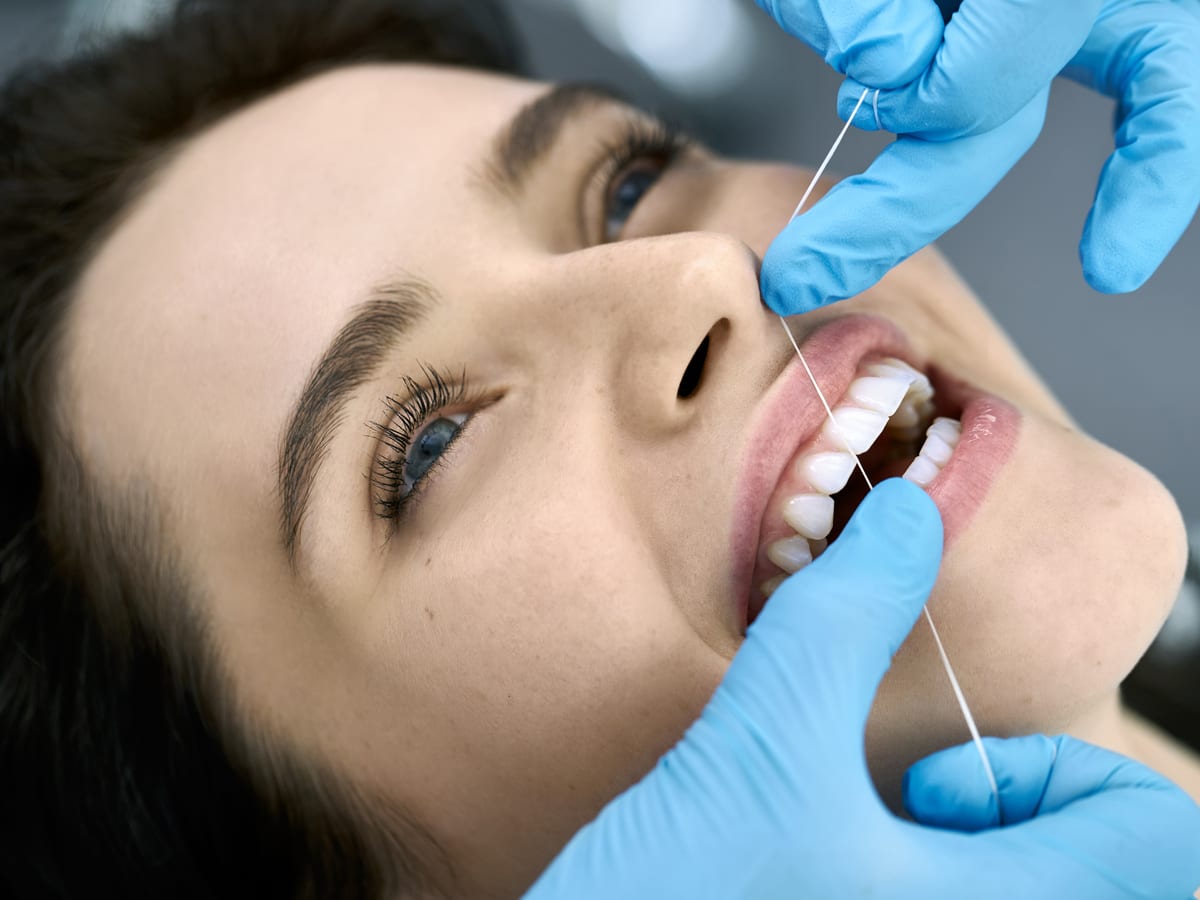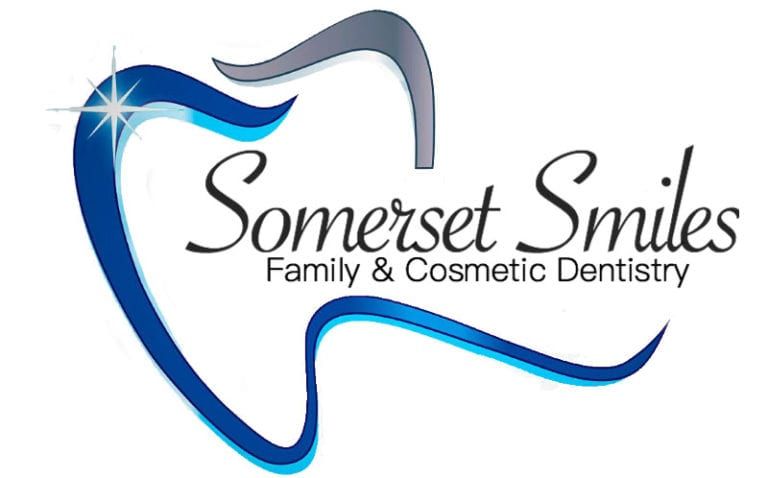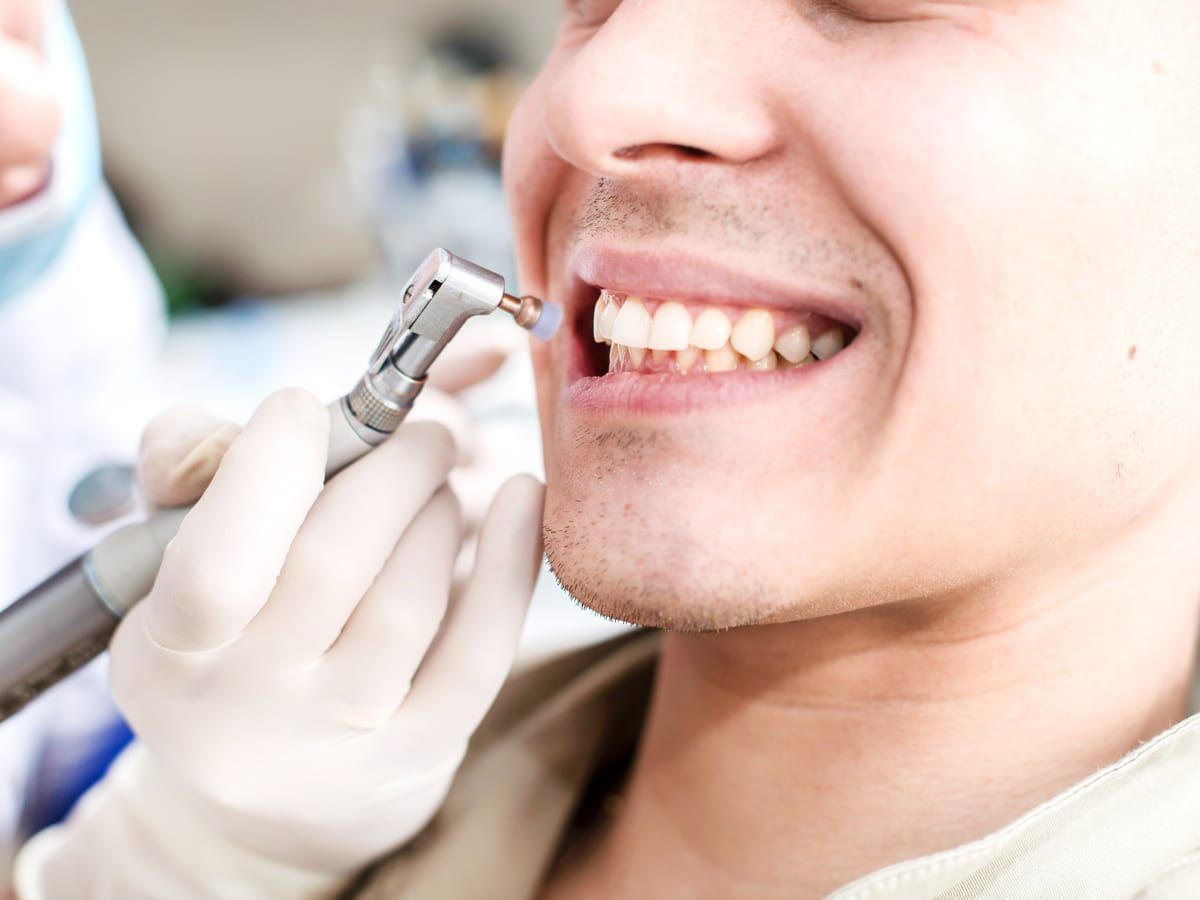In the dental world prophylaxis is the term used to describe getting your teeth cleaned. During a normal check-up with your dental hygienist, this is the process by which plaque and tartar are removed from your teeth. This helps battle bacteria and tooth decay, which is why it’s an essential part of your twice-yearly dental checkup.
Why Get Prophylaxis Dental Cleaning?
Deposits that build up on your teeth can result in the development of serious gum disease and damage from gingivitis. Even if you brush daily its insufficient to properly remove all of the gunk that has built up on your teeth. Your hygienist has the right tools to help you eliminate all the tartar and plaque that remains on your teeth. This process needs to be performed twice a year to be at its most effective in preventing tooth loss, cavities, and gum disease.
What Happens During A Prophylaxis Dental Cleaning?
During your twice-yearly dental cleaning, you can expect to receive an x-ray that examines your teeth and looks for areas of decay. Following the review of these x-rays, your dentist will examine the structures in your mouth, including tissues, teeth, and gums. This is accomplished through a process called ‘Periodontal probing’, during which they’ll measure the depth of your gum tissue using a special probe. They will also check for evidence of diseases including bulimia, diabetes, and HIV. After this is completed your hygienist will use a scaler to eliminate any deposits that remain on your teeth.

Why Should I Not Skip My Dental Cleaning?
Your dental cleaning visit helps to keep ahead of dental concerns like gum disease by catching it early and slowing its advance. The tartar that builds up beneath the gum-line where your brush cannot reach is hard to remove through flossing and brushing and carries harmful bacteria. These bacteria can make your gums bleed, cause halitosis (bad breath), and irritate other structures in your mouth. Even more concerning is that this bacteria has been shown to be able to enter the bloodstream and move throughout the body. Research has shown that these bacteria can contribute to conditions like heart disease and strokes. Dental cleanings also help preserve the health of your teeth and gums and prevent the need for more expensive and invasive treatments for advanced periodontal disease.
What’s The Difference Between A Deep Cleaning and a Prophylaxis Cleaning?
When plaque and bacteria have had ample time to build up beneath the gum lines to greater levels, it may be necessary for a deep cleaning to be performed. This type of cleaning goes in deeper to remove the infection, bacteria, plaque, and tartar from your teeth and deep within your gums. When gum disease has advanced to the point where it’s causing harm to your teeth and gums its essential that it be stopped in its tracks before it can do lasting damage. Deep cleaning is an effective way of accomplishing this.
How Often Should I Have a Dental Cleaning Done?
Dental cleanings are a normal part of your twice-yearly dental check-up and should happen at each of these visits. In addition, those who have a higher tendency for tooth decay, including smokers, gum disease patients, diabetics, pregnant women, and those with weakened immune systems, may require more visits. Ensuring that your dentist is aware of all your health conditions is critical to receiving the right level of care. Don’t wait to get your dental cleaning done, give our office a call today!


